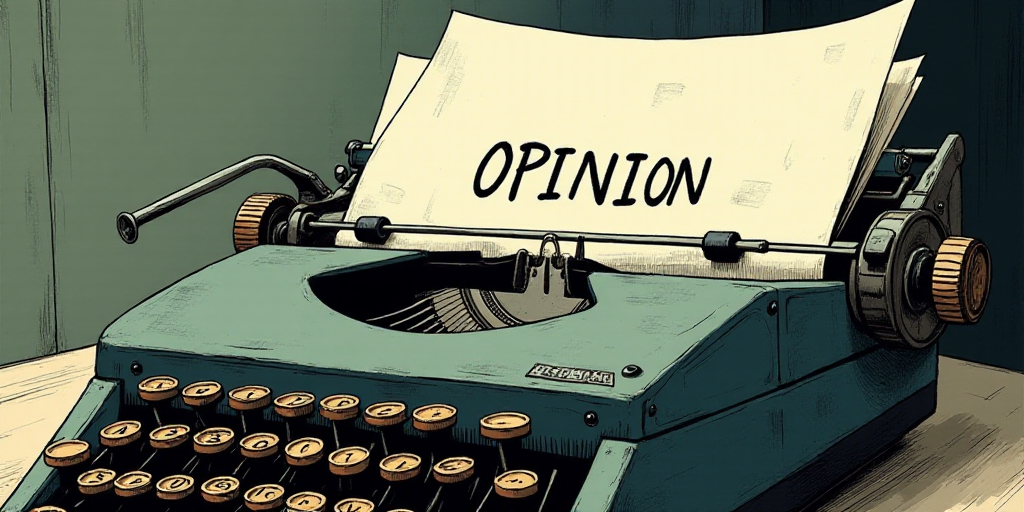Introduction
The Economist Intelligence Unit’s (EIU) Democracy Index for 2024 reports a further decline in global democracy, marking the lowest level since its creation in 2006. The average score dropped from 5.23 in 2023 to 5.17 the previous year. In our continent, only Canada, Costa Rica, and Uruguay are considered full democracies. The United States, Argentina, and Brazil are classified as flawed democracies. Mexico does not even reach that level and is considered a hybrid regime, exhibiting both democratic and authoritarian traits.
Rise of the Far-Right and Erosion of Democracy
Not only has democracy retreated, but the far-right has also gained ground worldwide. Amnesty International’s 2025 Annual Report, released in April, expresses concern over the actions of the Trump administration against DEI (diversity, equity, and inclusion) rights recognition. This has further fueled existing harmful trends in other countries, “putting at risk thousands of millions of people across the globe.”
Decades of slow democratic progress and rights efforts are being dismantled or erased overnight. Instances like the Palestinian genocide in Gaza, occurring openly without government or institutional outcry, highlight the sinister nature of our current world. The powerful are disregarding international law and allowing invasions (Russia and Israel) or threatening territorial seizures (USA) without significant alarm.
The far-right is dismantling treaties and ignoring multinational organizations for the benefit of a small minority. The report states, “The state of human rights worldwide documents the cruel and widespread repression of dissent, the catastrophic escalation of armed conflicts, insufficient efforts to address climate collapse, and a growing global retreat in the rights of migrants, refugees, women, girls, and LGBTI+ individuals.”
Historical Context of Far-Right Strengthening
The far-right likely strengthened following the 2008 global financial crisis, which ended three decades of capitalist globalization. In times of growth, societies become more tolerant and inclusive; during crises, they close ranks, the right-wing gains strength, and contempt for “the other” turns into persecution, repression, and extermination.
Resistance Amidst Declining Democracy
The global scenario described, with diminished opposition and disengaged societies, positions journalism as the last line of defense against the encroaching chaos. Around the world, critical journalists raise their voices, striving to be heard, read, and understood. They risk their lives in Gaza, Ukraine, or Mexico but persist nonetheless. This week, the Pulitzer and Ortega y Gasset Awards symbolize hopeful resistance.
Pulitzer Awards: Defending Journalistic Integrity
Lisa Gibbs, President and CEO of the Pulitzer Center, announced the 2025 awards: “Hundreds of Pulitzer Prizes have been announced amidst wars, national tragedies, and a global pandemic. These are particularly challenging times for the U.S. media and publishing industry.” She was right; press freedom in the United States has never been more threatened.
The New York Times won four awards; The New Yorker, three; and The Washington Post, two. Awards recognized journalists working in media resisting the Trump onslaught. ProPublica won the Public Service Award for exposing the negative impact of U.S. state abortion bans; Reuters for lax fentanyl legislation coverage; The Wall Street Journal for narrating Elon Musk’s political conservative shift; and Esquire for portraying a Baptist pastor, LGBTQ+ rights advocate who took his own life after his private life was exposed by a right-leaning news site.
Ortega y Gasset Awards: Challenging Authoritarianism
In Barcelona, the Ortega y Gasset Awards call for journalism that challenges authoritarianism amidst its rise. The awards went to a report on male violence, a photo of the Valencia floods, coverage of the Gaza war, and Jorge Ramos, a long-time journalist recognized in the U.S. and Mexico for challenging authoritarians, whether it be Maduro or López Obrador.
Key Questions and Answers
- What is the current state of global democracy according to the EIU Democracy Index? The 2024 index marks the lowest level since its creation in 2006, with an average score of 5.17.
- Which countries in the Americas are considered full democracies? Only Canada, Costa Rica, and Uruguay are classified as full democracies.
- What concerns does Amnesty International’s 2025 Annual Report express? The report highlights the Trump administration’s actions against DEI rights recognition and their contribution to harmful trends in other countries.
- How has the far-right gained ground globally? The far-right has dismantled treaties and ignored multinational organizations, benefiting a small minority.
- What historical context explains the far-right’s strengthening? The far-right likely gained strength following the 2008 global financial crisis, which ended three decades of capitalist globalization.
- How does journalism serve as resistance amidst declining democracy? Critical journalists worldwide risk their lives to expose the truth and maintain a line of defense against encroaching chaos.






